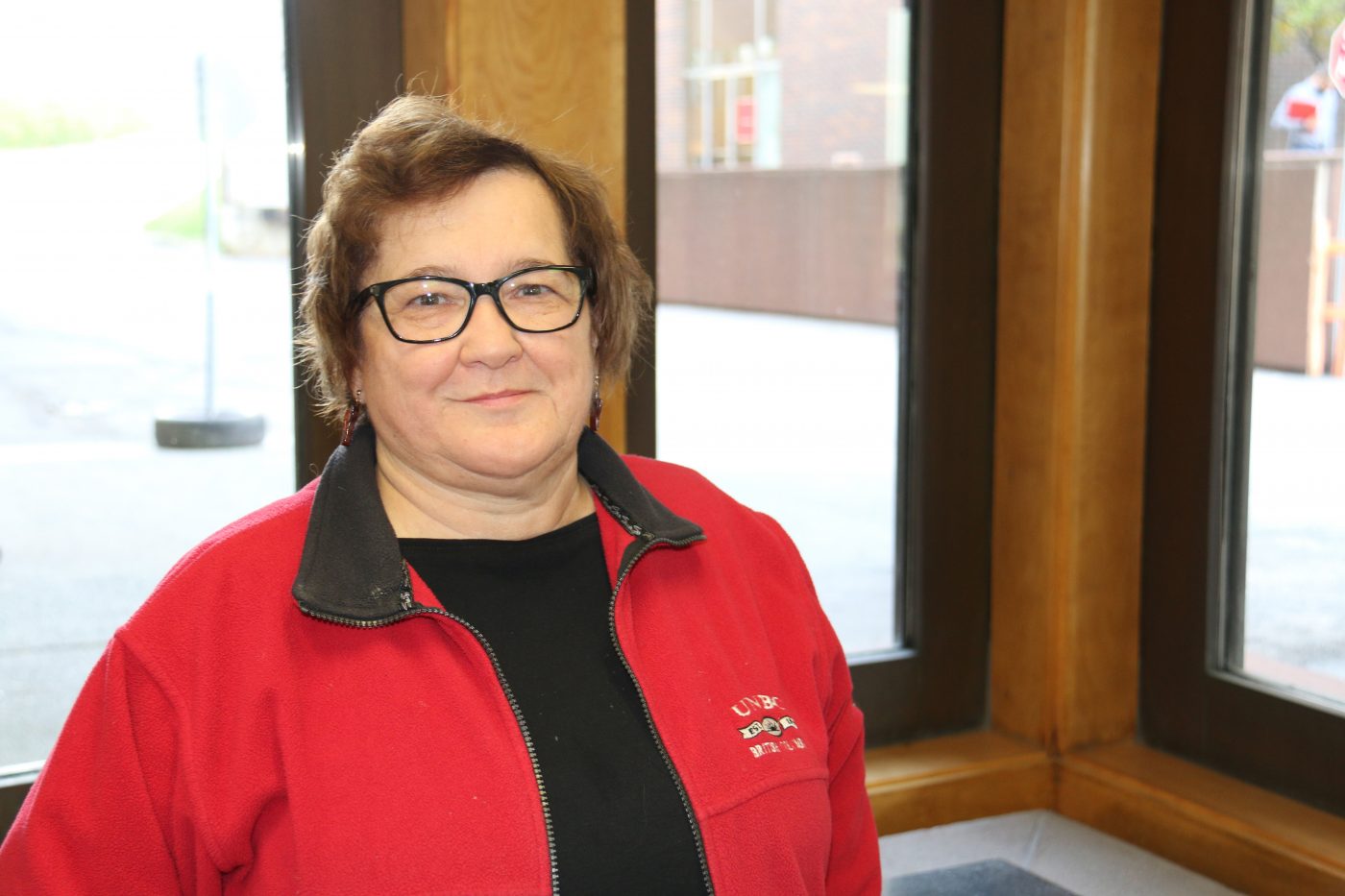First Social Work PhD to Graduate Asks Question about Indigenous Health
Ginette Thomas had spent more than 20 years working in health policy for the federal government and Indigenous health organizations when she decided she needed to return to university.

Her motivation was simple: there was a looming question that she could not answer.
“I was puzzled as to why health inequalities in Indigenous communities continue to persist, in spite of the many health policies that the federal government has implemented to address them,” explained Thomas. “There were all of these programs and funding that I worked on, but after all those years, the gap was still there.”
Thomas continued to observe this phenomenon throughout her work at the National Collaborating Centre for Aboriginal Health at the University of Northern British Columbia and at the Institute for Aboriginal Peoples’ Health at the Canadian Institutes for Health Research.
In 2012, Thomas began searching for a PhD program that would allow her to dig deeper into national Indigenous health policy.
“I’m not a social worker, but I have always worked on the social side of health policy, so I applied for Carleton’s new social work PhD,” said Thomas, who will be the first PhD to graduate in the School of Social Work with a specialization in Political Economy in November. “I loved the fact that it was a brand new program without a set plan, and that I could have a role to help shape it.”
For her thesis, Thomas focused on the uneven success of tuberculosis treatment as a case study. Whereas the overall national rate of TB in Canada is close to zero, in First Nations and especially Inuit communities, the prevalence of the disease remains 10 to 15 times higher than in non-Indigenous communities.
“The federal government is responsible for the health care of Indigenous people, but I didn’t want to look at it from a health perspective. I looked at it from a social policy perspective: the social, governmental and political effects on their health,” she explained.
Thomas spent the past five years conducting archival research at Library and Archives Canada in Ottawa. She noted that the closing of the departmental library at Health Canada under the Harper government created challenges to access documentation, so she needed to turn to secondary sources in those cases.
“What I found at the root of it all was that the federal government has the power to restrict the number of people receiving federal health services. They decide who is an ‘Indian’ under the Indian Act and who is entitled to receive which services,” explained Thomas, who worked with supervisor Professor Alan Moscovitch. “So Indigenous peoples end up having access to different levels of service depending on where they live.”
Her work was a good fit for the School of Social Work’s “structural approach”. The school rejects the status quo in society and is rooted in social justice and social change. It also leans heavily on Carleton’s “capital advantage”, which offers access to policy makers and a huge network of community-based groups, centres and resources.
Building a New Program
While Thomas conducted research for her thesis, she also developed strong connections within Carleton’s School of Social Work.
“Ginette not only showed scholarly leadership with her dissertation and teaching in the school, but modelled a supportive way of working with her peers,” said School of Social Work Professor Sarah Todd. “She set the tone for the doctoral program.”
Among Thomas’ assignments during a first-year pedagogy course was the development of a curriculum. She created one on Indigenous health, and was then asked to teach it as an elective.
“I absolutely loved it. I used articles from aboriginal scholars and community foundations to include the Indigenous voice,” she said. “I was really impressed by the caliber of students. They’re very dedicated to working in a social environment. It was a pleasure to teach them.”
Next Steps
Now that she’s defended her dissertation, Thomas is applying for positions at schools of social work across North America with the hope to continue teaching. She also plans to write articles about her findings.
Thomas says she’s “humbled and excited” to be the first social work PhD at Carleton, adding “I’m happy to be the first, but glad I won’t be the only one.”